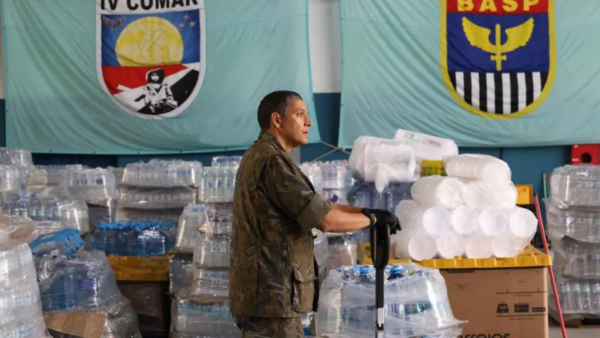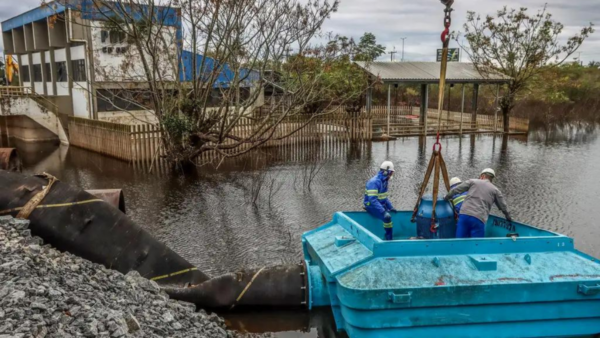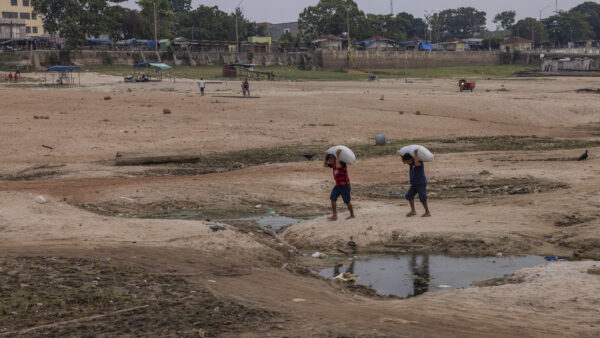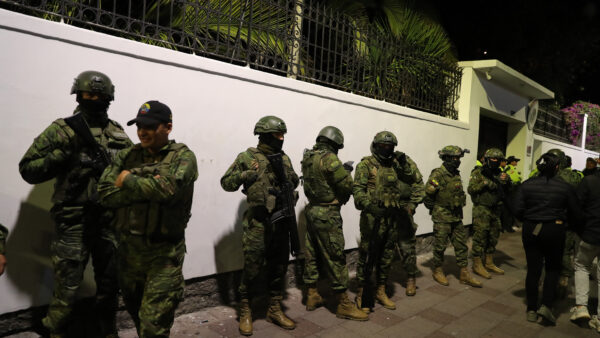Linha Uni, the project company responsible for carrying out the São Paulo Metro Line 6 concession contract and led by Spain’s Acciona, told the state government that due to unforeseen geological conditions, the project’s completion could be postponed for up to three years.
The report was first published by Data Mercantil, a specialized newspaper, in early March.
“Soil conditions found during construction work in the region led the project company to seek engineering solutions … there was formal communication and acknowledgment by the state government with the addition of 1,096 days [three years],” the report says.
The company also requested the state government for additional funding in order to reduce the delay. The request is pending analysis by state authorities.
In a 2020 press statement, Acciona estimated that Line 6 will serve 600,000 passengers daily once completed. At the time, construction was expected to take five years, or until 2025. The postponement, if not reduced, would move that date to 2028.
The state government told The Brazilian Report that Line 6 “will begin partial operation in 2026, between Brasilândia and Perdizes [stations]” and is to be fully completed by 2027 – a two-year delay in relation to the original date. The statement does not address how it calculated this postponement.
“Geotechnical risks are the subject of regulations in the contract,” the state government added.
Back in 2022, a portion of the Marginal Tietê expressway — one of the busiest in São Paulo — collapsed close to Line 6 construction works.
The case epitomized São Paulo’s (and Brazil’s) struggles to implement rapid transit systems. Attempts have invariably dealt with massive delays, gross errors, and, in some cases, fatal accidents.
The São Paulo subway system is Brazil’s oldest, becoming operational in 1974. It has expanded at a slower pace than networks in Mexico City and Santiago — Latin American metropolitan areas with far fewer people. São Paulo deals with an average of 53,600 passengers per station every day, almost twice as many as Mexico City.
Some cases of delays are borderline comical. The state had promised to open a train line linking the city center to Guarulhos International Airport in time for the 2014 World Cup.
Four years later, it was hastily inaugurated to be politically used by the then-governor, Geraldo Alckmin, who was running for president. Trains, however, do not reach the airport, forcing passengers to take minibuses to complete the final stretch of the journey.


 Search
Search











































